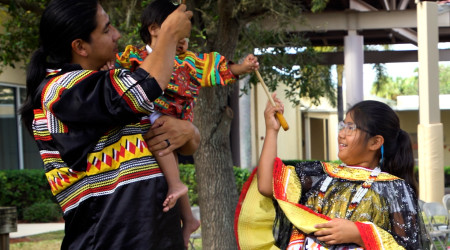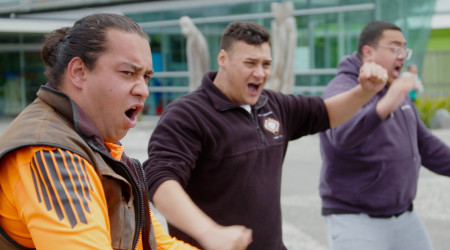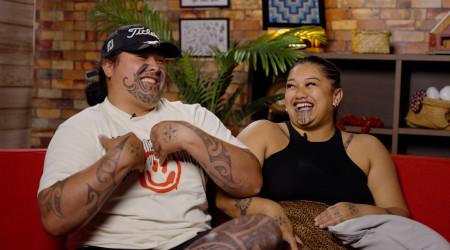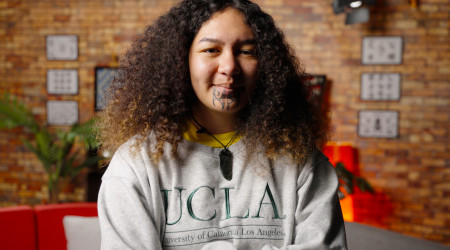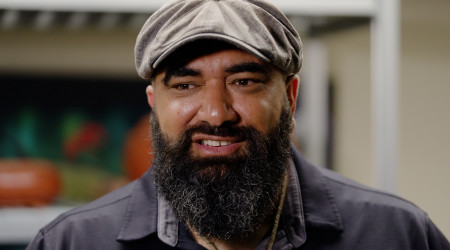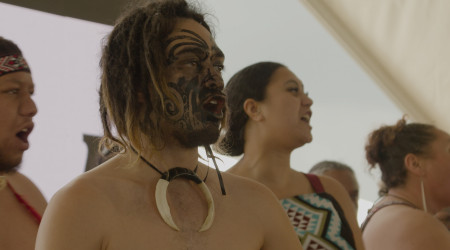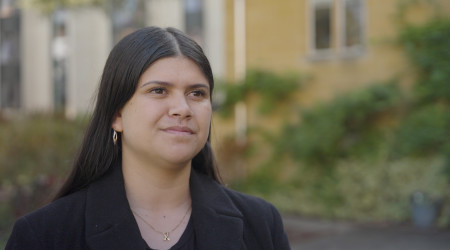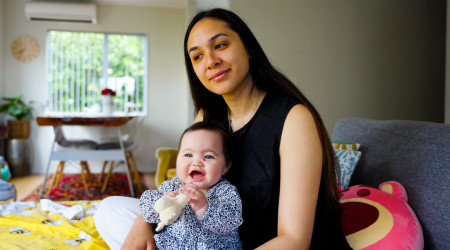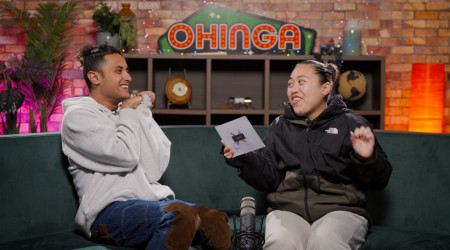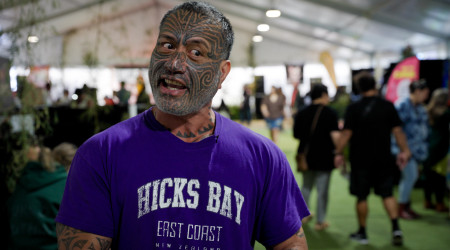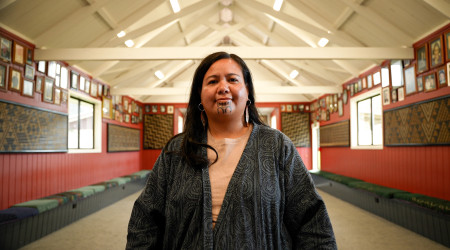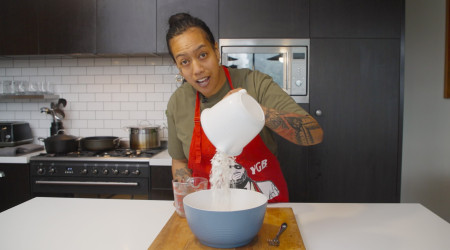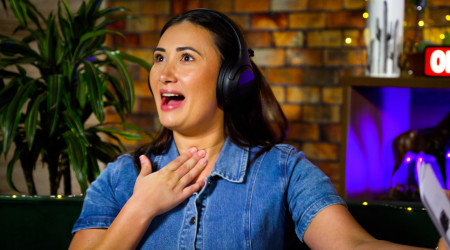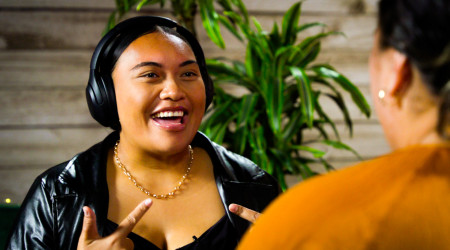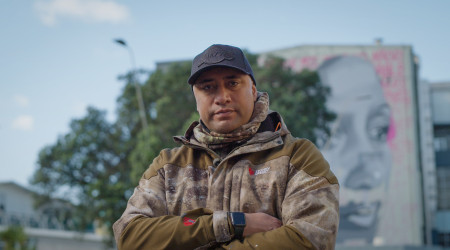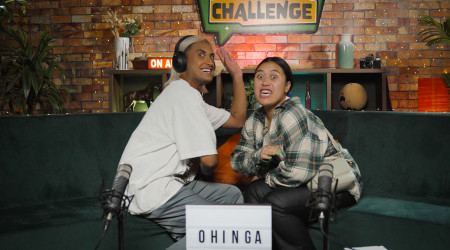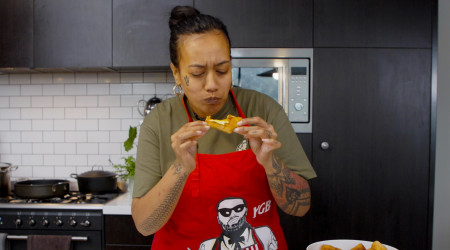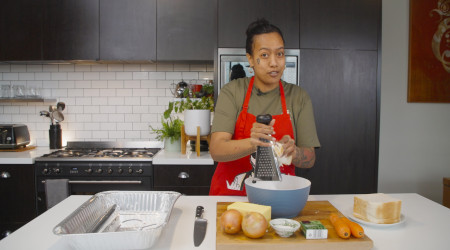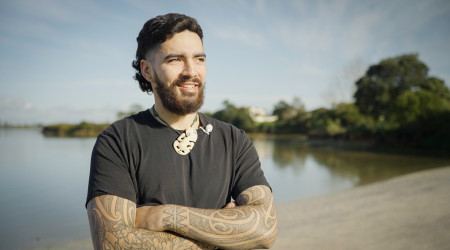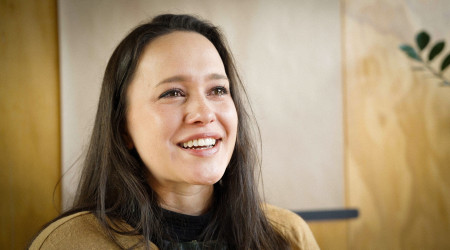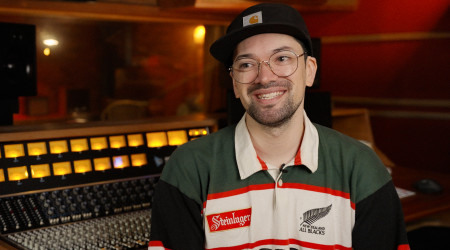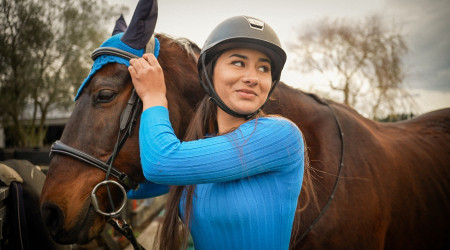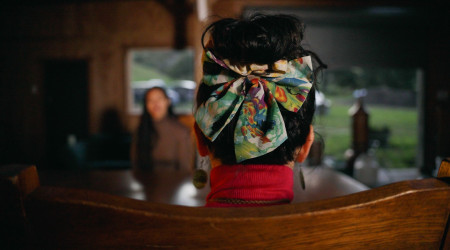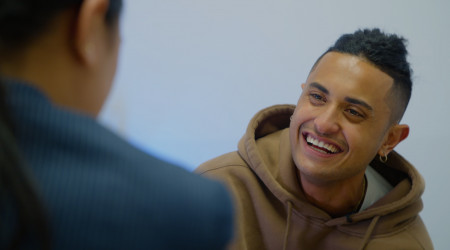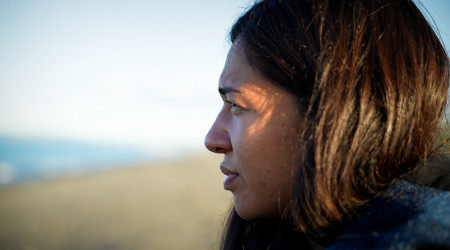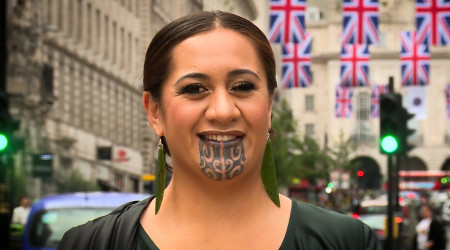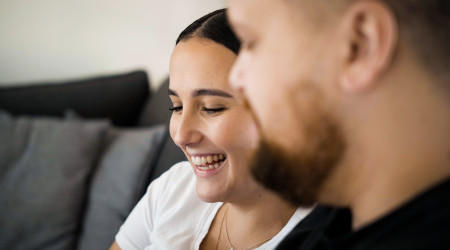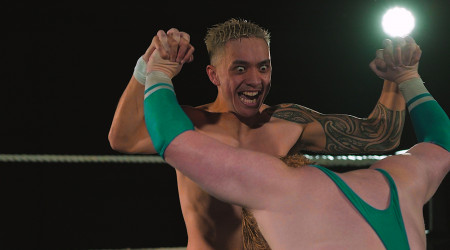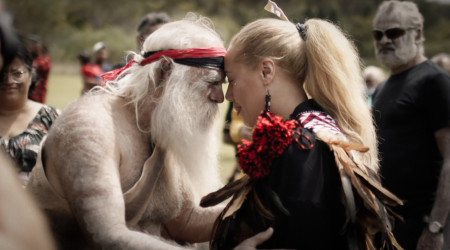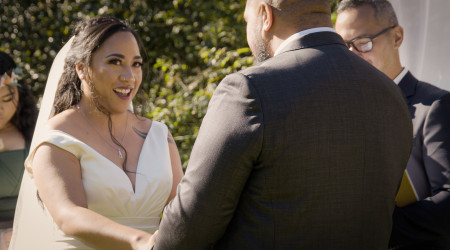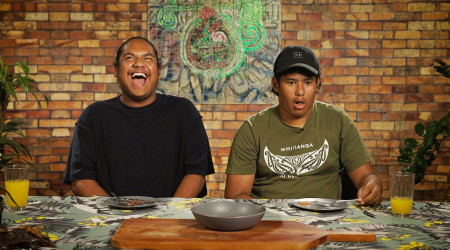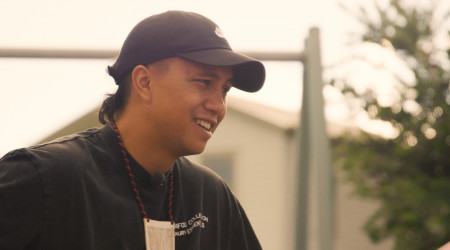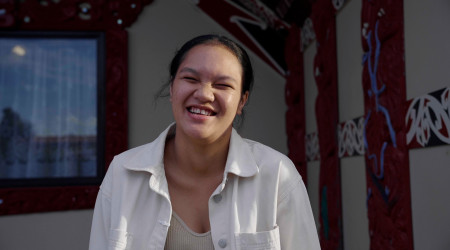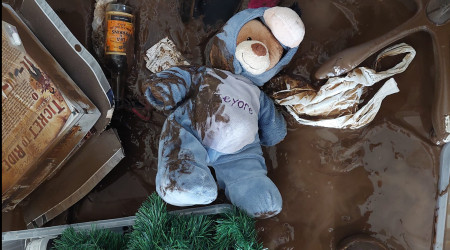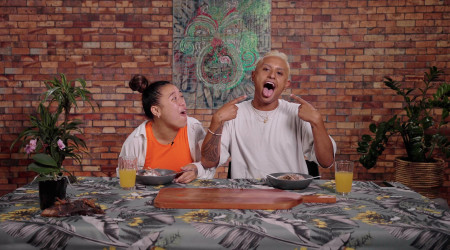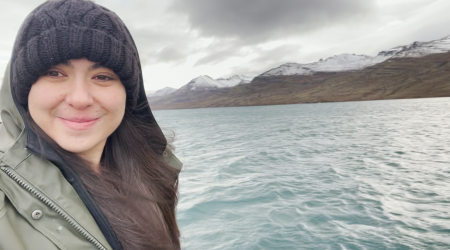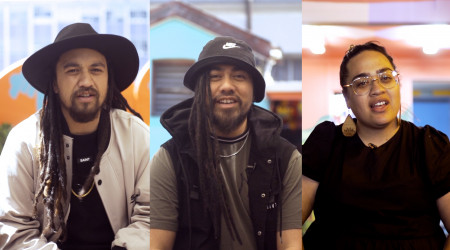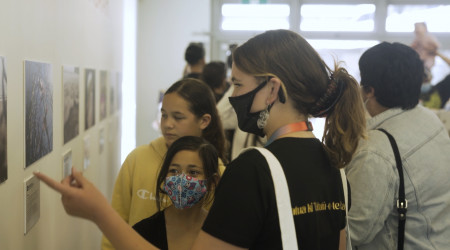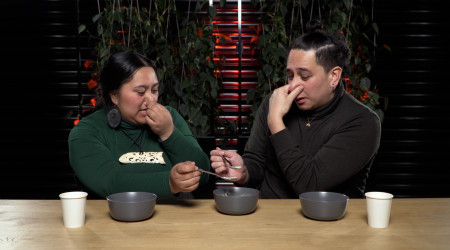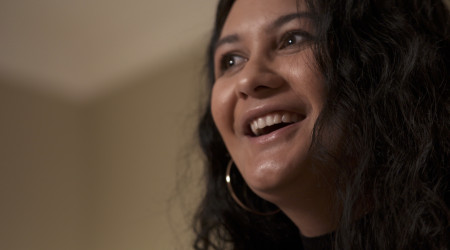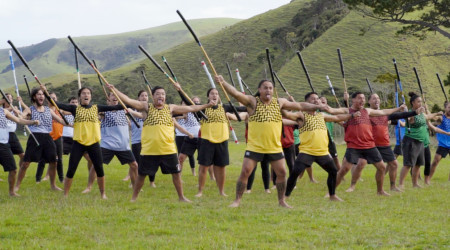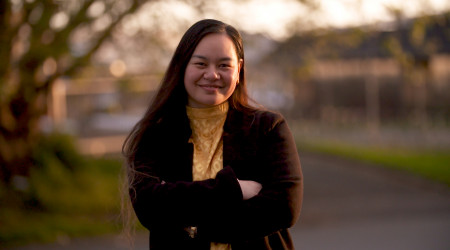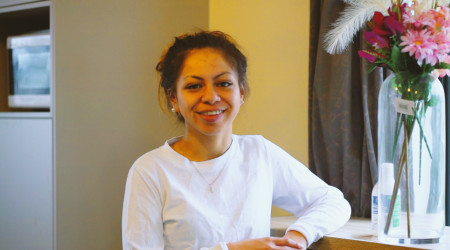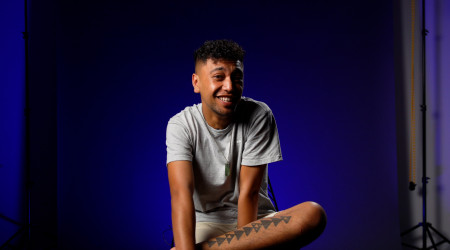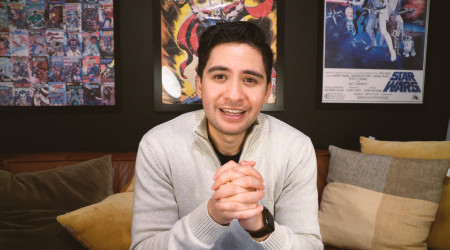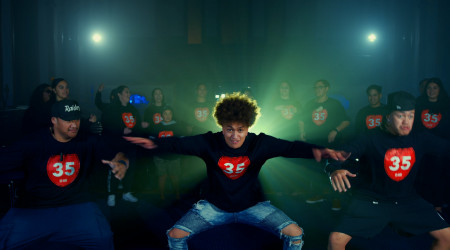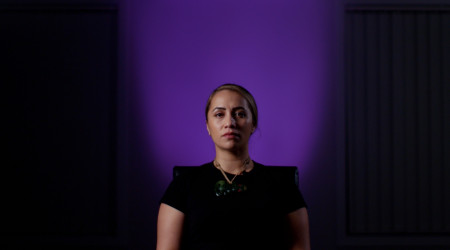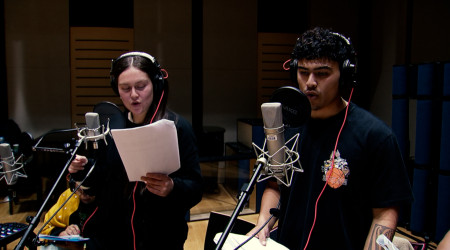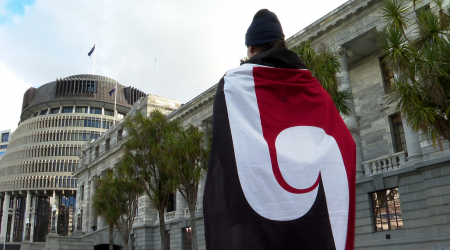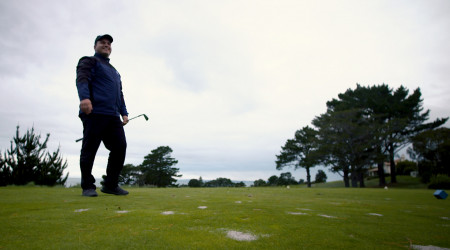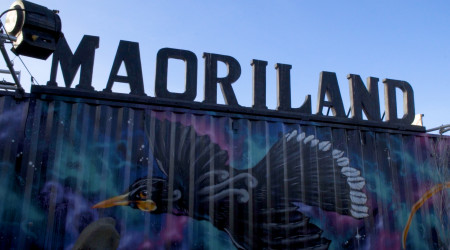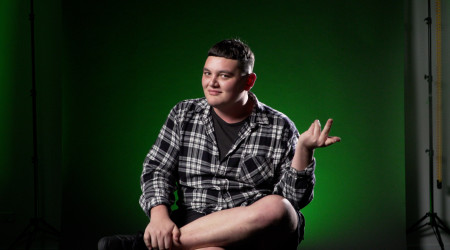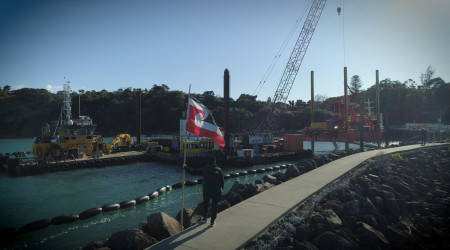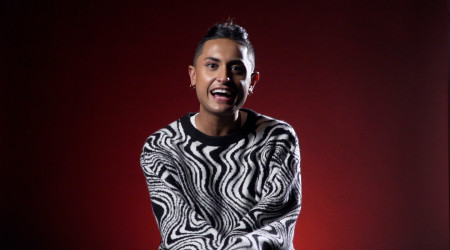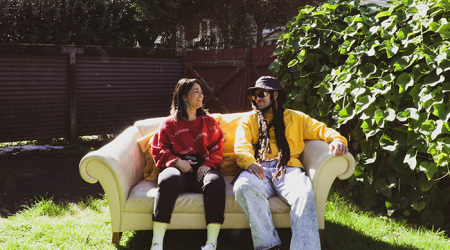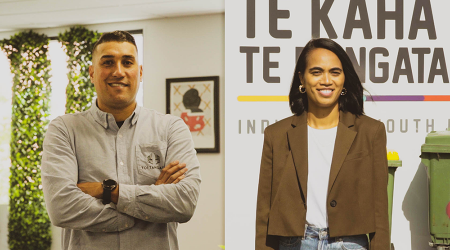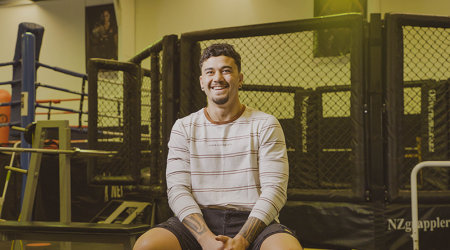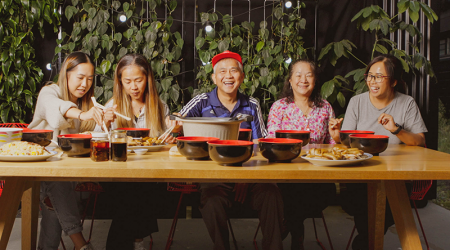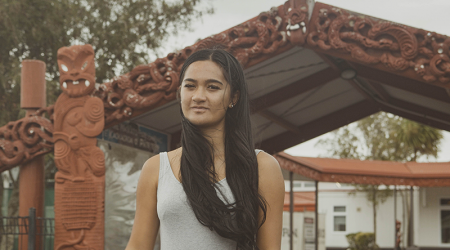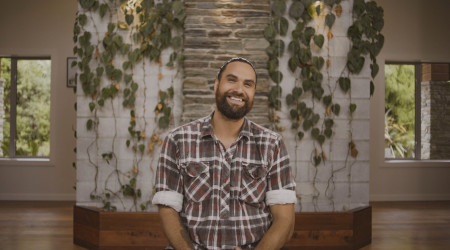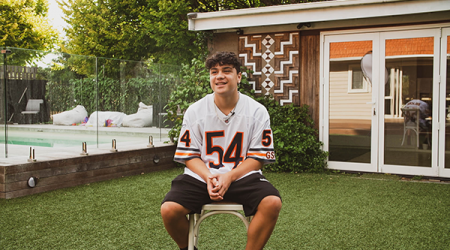A 'birthplace of pain': What it means to be Māori and studying in England
Oxford University is one of the most prestigious academic institutes in the world and for these four rangatahi it was a place they never imagined they’d be.
“I never thought I’d be able to come to a place like this, but my eyes have been opened to new possibilities.” says Nikorima Iwingaro Nuttall.
The four kura kaupapa graduates are part of a group who visited Oxford in celebration of Makareti Papakura, the first Māori student who attended the famous university 100 years ago. Her legacy has shown these young Māori that they have a place in institutions like Oxford and some are returning in the coming year to continue their studies.
As the students speak on their journey to Oxford, they reflect on the hesitations that came with attending the British institute.
“That hesitation came from knowing that England is the birthplace of so much of the pain that was inflicted on our people. They are the colonisers.” Naianga Tapiata explains.
However, upon arrival the students found that Oxford University was extremely open to discussing the criticisms that Māori have in regards to the institution. Something that was very comforting for Nikorima and his peers.
“Because of that it encourages the belief that we have space to move forward as Māori in places like these, that we have traditionally thought of as oppressors of us and our culture.”
These students are making the most of their opportunities and Naianga says he’s taking on the words of the famous whakatauki as he continues on this path.
“Whaia te mātauranga a te Pākehā, hei kīnaki mō tō kai tūturu - Gather the knowledge of Pākehā to complement the knowledge of your ancestors.”
More stories:
‘Covid has fucked everyone’: Students on low attendance rates
We reached out to students in the Re: News audience to ask why they think attendance was this low.
This non-alcoholic kombucha has nearly 3 times the legal alcohol limit
In response to our testing, the Daily Organics co-director said “that’s your opinion”.
How the Women’s Rugby World Cup embraced te ao Māori
“I hope Aotearoa keep backing us because we need them.”


